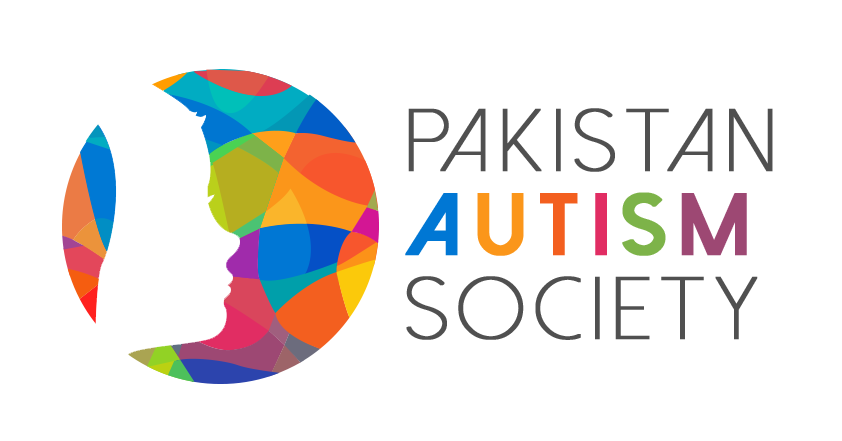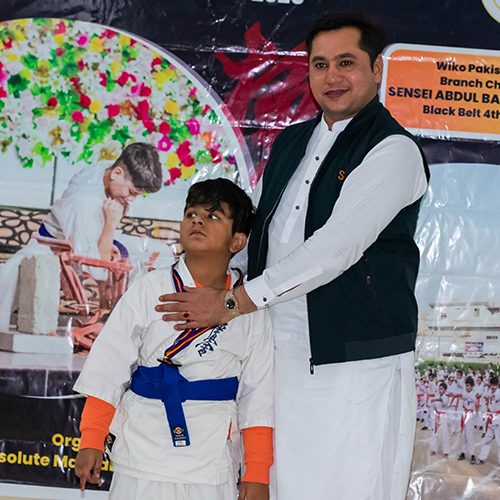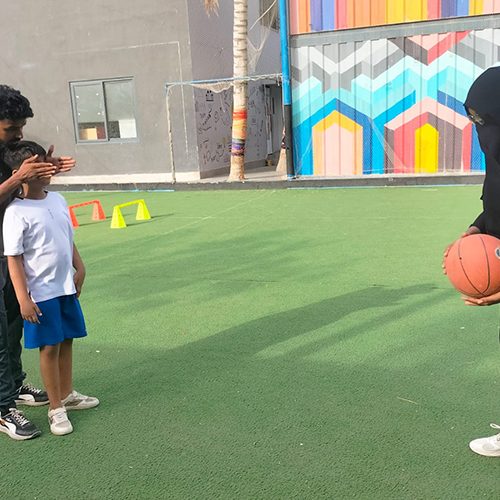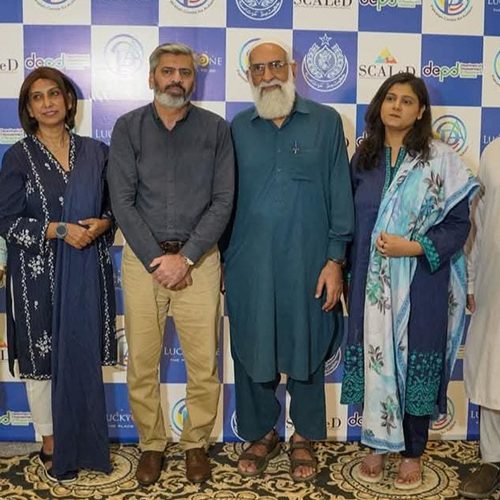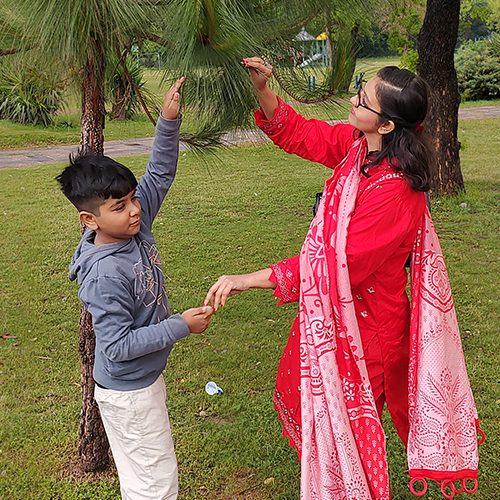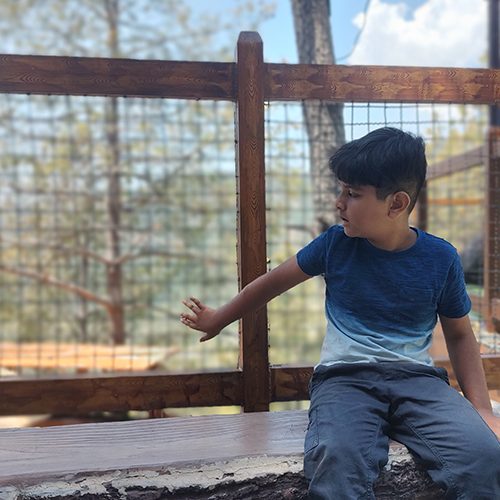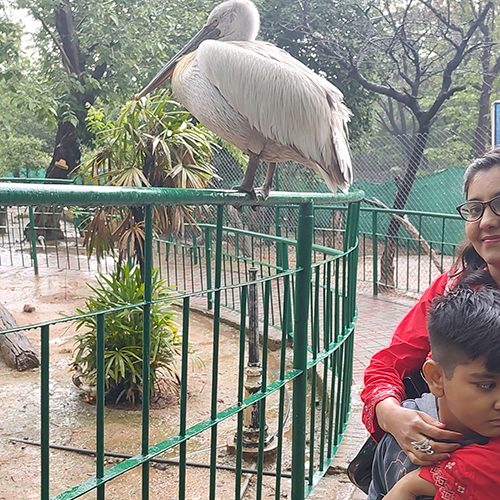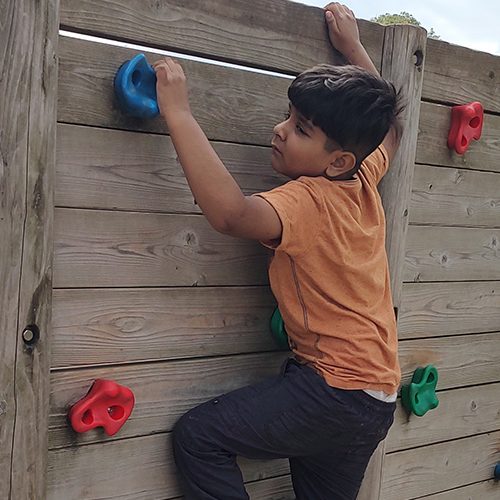For many individuals—especially children with autism or developmental delays—daily routines like getting dressed, eating meals, or brushing teeth can feel overwhelming. Occupational therapists often turn to visual supports to simplify these everyday tasks and foster independence. These tools include picture schedules, social stories, and visual cue cards, and they are proven to reduce anxiety, enhance communication, and build confidence.
In this article, we’ll explore how these visual tools work, why they are effective, and how you can use them at home to create smoother, more structured daily routines.
What Are Visual Supports?
Visual supports are images or symbols used to communicate ideas, steps, or expectations. They are particularly helpful for individuals who are visual learners, such as many children on the autism spectrum. These tools can be as simple as a picture card or as detailed as a full storybook with illustrations.
1. Picture Schedules: Creating Predictability
A picture schedule is a series of images showing the steps of a routine or the sequence of a day. These schedules help individuals:
- Understand what’s coming next
- Prepare for transitions between activities
- Gain independence by following steps visually instead of relying on verbal cues
Example:
For a morning routine, a picture schedule might include:
- Wake up
- Brush teeth
- Get dressed
- Eat breakfast
- Put on shoes
Using Velcro boards or magnetic charts allows flexibility to adjust routines daily.
📎 Resource: Free Printable Visual Schedules for Home and School
2. Social Stories: Teaching Expectations Through Narratives
Social stories are short, descriptive narratives that explain social situations or daily activities using simple language and images. Created by Carol Gray, these stories are especially helpful for:
- Preparing for new experiences (e.g., going to a new school or visiting the dentist)
- Teaching self-care routines (e.g., how to brush hair or wash hands)
- Promoting positive behavior
Example:
A grooming social story might say:
“First, I go to the bathroom. I take my toothbrush and put toothpaste on it. I brush all my teeth. Brushing teeth keeps my mouth clean. When I finish, I smile!”
📎 Resource: Social Stories Examples & Templates – Autism Little Learners
3. Visual Cue Cards: Prompting Action and Reinforcement
Visual cue cards are single-image prompts that can be used during activities to encourage or remind someone of the next step. These are ideal for:
- Quick reminders during tasks
- Reinforcing positive behaviors (“Great job!”)
- Prompting language (“I need help” or “All done”)
They can be worn on lanyards, kept in pockets, or displayed on walls in common areas like bathrooms or kitchens.
📎 Download: Free Visual Cue Cards
Benefits of Visual Supports in Daily Routines
Using visual supports can bring a range of benefits, including:
- Increased Independence – Individuals can complete routines without constant verbal prompts.
- Reduced Anxiety – Visual predictability lowers stress and helps avoid meltdowns.
- Improved Communication – Non-verbal individuals can express needs through images.
- Consistency Across Environments – What works at school can be mirrored at home.
📎 Read More: Visual Supports – Autism Speaks Toolkits
Tips for Parents and Caregivers
- Start Simple: Begin with a few key images for one routine and expand as needed.
- Personalize: Use photos of your child or familiar objects to increase engagement.
- Be Consistent: Use the same visuals daily to build habits and recognition.
- Celebrate Success: Praise efforts to use the visuals, even if the routine isn’t perfect.
Final Thoughts
Visual supports like picture schedules, social stories, and cue cards are more than just tools—they’re bridges to independence. Whether your goal is smoother mornings, peaceful mealtimes, or easier grooming routines, these occupational therapy strategies can make a profound difference in your child’s life.
With consistency and care, visual supports can help transform daily routines from stressful to successful.
